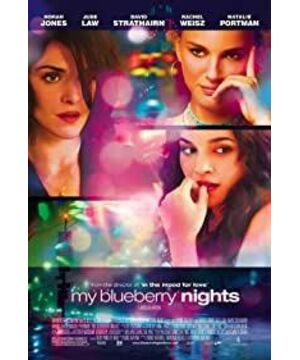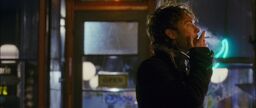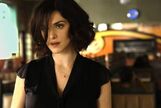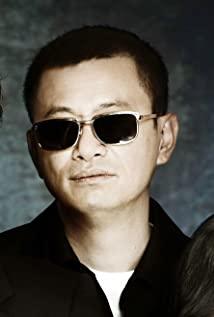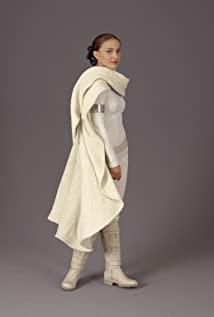It is said that Wong Kar-wai does not write scripts when he makes movies, and likes to think while filming. I don't know if this rumor is true or not, but what is certain is that Wong Kar-wai likes to control the actors' performances. As a result, the actors have become the director's puppets, performing according to the director's wishes, so Wong Kar-wai's style can be reflected in the actors' every move.
Blueberry Night is also a repeat of the old trick, but the puppets have changed from yellow to white. The plot of the movie is oriental, but it uses western puppets for interpretation. Watching Jude Law, Nora Jones, etc. speak and act like an oriental person makes people feel awkward. Not only did the film fail to show the subtle beauty of the oriental style, but it also made people feel that these foreigners were too contrived. In the final analysis, this was just a Hong Kong film in a dress.
The film adopts a broken and fragmented plot structure, maintains the relationship between the hero and heroine in the form of postcards, and uses a journey to prop up the entire film. This is basically Wong Kar-wai's movie style, the journey is not bad (the police one is especially contrived), it's a psychological chicken soup-like perception, and the means are not clever. During the journey and after the journey, the heroine regained a new life through perception or the forgetting of time, and returned to the cafe to start a new relationship. But the question is how the relationship between the male and female protagonists is established? How did it develop? This part ended in a sloppy, rough way, more like a movie study.
So just look at the fine picture.
View more about My Blueberry Nights reviews


